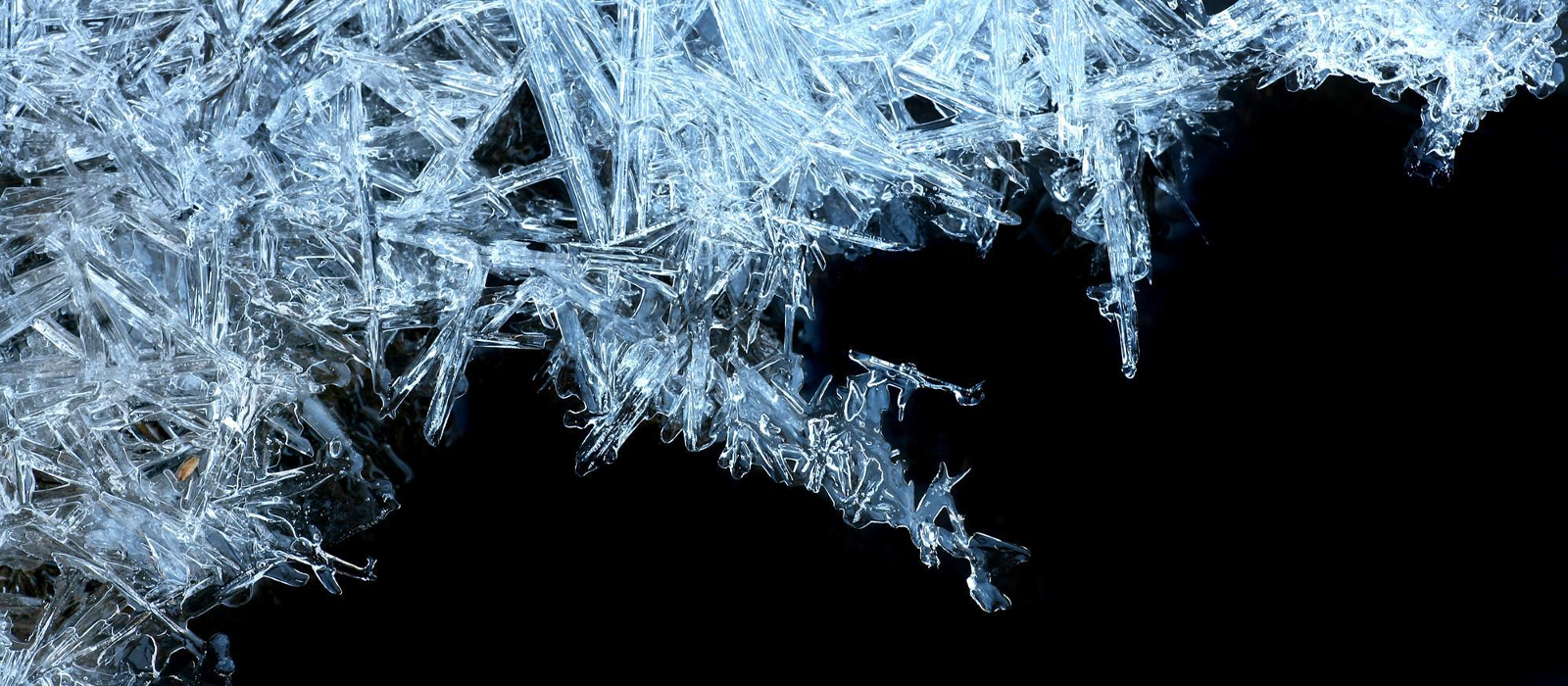Syllabus
Title
Physical Chemistry I
Course Description
Basic principles of thermodynamics. Development of the laws of thermodynamics, enthalpy, entropy, and free energy, and their applications to phase equilibria, electrochemistry, and kinetics. A brief introduction to quantum mechanics.
Prerequisite
CHEM 1006 with a minimum grade of B-, or CHEM 1002
MATH 1004, MATH 1107
PHYS 1007 and PHYS 1008 or PHYS 1003 and PHYS 1004
Lecture
Monday and Wednesday, 4:05 – 5:25 pm, Tory 236
The lectures will be offered in person only.
Laboratory
The lab is run by Daniel Sun, and he has an extensive website about it on Brightspace
Tutorial
Monday 8:35 – 9:25, Tory 236
The tutorial will be offered in person only. The TA will take up the previous week’s assignment in the tutorial and answer any questions you have. Please email your questions in advance so she can offer a considered (and coherent) answer.
Exams
In-Term exam: Wednesday, October 28, 4:05 – 5:25 pm, Tory 236
Final: Monday, December 16, 2:00 – 5:00 pm, Tory 202
This is the equation sheet provided on all exams
Grading Scheme
The laboratory is worth 30% of your final mark. The other 70% is split up as follows:
Assignments 20%
In-term exam 30%
Final exam 50%
Text
Engel and Reid, Physical Chemistry: Thermodynamics, Statistical Thermodynamics and Kinetics; Pearson: ISBN-13: 9780137403066
Topics
- Fundamental Concepts; Ideal and Real Gases
- What is thermodynamics?
- Basic definitions
- Thermometry
- Ideal gas law
- Kinetic molecular theory
- Velocity distributions in one dimension
- Maxwell’s distributions of molecular speeds
- Average, most probable and mean speeds
- Gas effusion
- Molecular collisions
- Mean free path
- Real and ideal gases
- Equations of state, critical point, critical constants
- Compression factor, Boyle temperature
- Reduced variables and corresponding states
- Fugacity
- First Law of Thermodynamics
- Fundamentals of internal energy, heat, work
- Doing work on the system and changing the system energy from a molecular perspective
- Heat capacity
- State and path functions
- Equilibrium, Change, and Reversibility
- Reversible and irreversible work
- Internal energy and enthalpy
- q, w, ΔH and ΔU for ideal processes
- Adiabatic processes
- State Functions U and H
- Basic mathematical relationships
- Internal energy: U (V,T), internal pressure
- Enthalpy: H (T, const p)
- Cp and Cv
- Enthalpy H (p, const T)
- Joule Thompson experiment and coefficient
- Isenthalpic expansion
- Thermochemistry
- Generalities
- Hess’ law
- Kirchoff’s law
- Experimental thermochemistry
- Second and Third Laws of Thermodynamics
- Entropy and entropy changes, the second law of thermodynamics
- Absolute entropies and the third law of thermodynamics
- Chemical Equilibrium
- Gibbs (G) and Helmholtz (A) energies
- Differential forms of U, H, A and G
- Other aspects of chemical equilibrium
- Molecular Motion
- Relative mean speed
- Collision frequency
- Collision cross-section
- Mean free path
- Atomic Orbitals
- “Particle in a Box” theory
- Orbital energy and nodes
- Probability and shape
- Quantum numbers
- Radial vs. Angular nodes
- Overlap integral
Survivors of Sexual Violence
As a community, Carleton University is committed to maintaining a positive learning, working and living environment where sexual violence will not be tolerated and is survivors are supported through academic accommodations as per Carleton’s Sexual Violence Policy. For more information about the services available at the university and to obtain information about sexual violence and/or support, visit: carleton.ca/sexual-violence-support
Requests for Academic Accommodation
You may need special arrangements to meet your academic obligations during the term. Please contact your instructor with any requests for academic accommodation (pregnancy, religion, disability, etc.) during the first two weeks of class, or as soon as possible after the need for accommodation is known to exist.
For an accommodation request, the processes can be found here:
carleton.ca/equity/wp-content/uploads/Student-Guide-to-Academic-Accommodation.pdf
Academic Accommodations for Students with Disabilities
If you have a documented disability requiring academic accommodations in this course, please contact the Paul Menton Centre for Students with Disabilities (PMC) at 613-520-6608 or pmc@carleton.ca for a formal evaluation or contact your PMC coordinator to send your instructor your Letter of Accommodation at the beginning of the term. You must also contact the PMC no later than two weeks before the first in-class scheduled test or exam requiring accommodation (if applicable). After requesting an accommodation from PMC, meet with your instructor as soon as possible to ensure accommodation arrangements are made. carleton.ca/pmc
Accommodation for Student Activities
Carleton University recognizes the substantial benefits, both to the individual student and for the university, that result from a student participating in activities beyond the classroom experience. Reasonable accommodation must be provided to students who compete or perform at the national or international level. Please contact your instructor with any requests for academic accommodation during the first two weeks of class, or as soon as possible after the need for accommodation is known to exist. https://carleton.ca/senate/wp-content/uploads/Accommodation-for-Student-Activities-1.pdf
For more information on academic accommodation, please contact the departmental administrator or visit: students.carleton.ca/course-outline
Caveat
Obviously, I reserve the right to make adjustments or changes throughout the semester. Remember that you are responsible to learn about these changes, which will be posted on this website.
